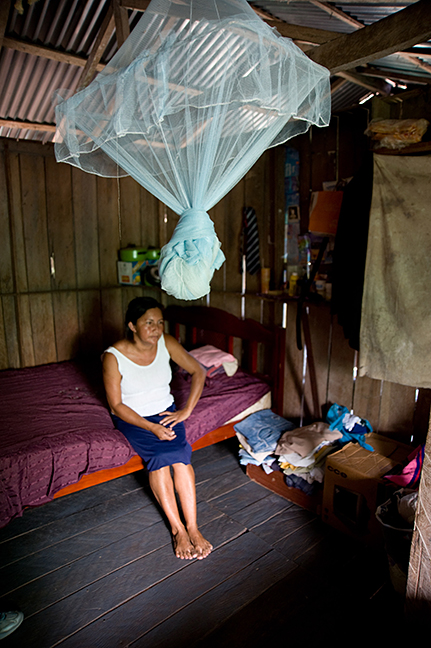You are here
Much Work Ahead to Understand and Address Zika Virus
 On most peoples’ list of top trending stories so far for 2016 would have to be the Zika virus outbreak in the Americas and Caribbean. The Zika story is evolving and at present has more questions than answers. While we know that a primary transmission mechanism of Zika is through the Aedes mosquito, there are many unknowns related to all modes of transmission as well as the virus’ effects on peoples’ health.
On most peoples’ list of top trending stories so far for 2016 would have to be the Zika virus outbreak in the Americas and Caribbean. The Zika story is evolving and at present has more questions than answers. While we know that a primary transmission mechanism of Zika is through the Aedes mosquito, there are many unknowns related to all modes of transmission as well as the virus’ effects on peoples’ health.
Around 500 Centers for Disease Control and Prevention (CDC) staff are hard at work with domestic and international partners to search out answers to many questions. In a TIME interview from this week, CDC Director Dr. Tom Frieden discussed Zika virus and CDC’s response efforts.
One area of focus for CDC is exploring the potential connection between Zika virus and microcephaly as well as other poor pregnancy outcomes. Microcephaly is a birth defect where a baby’s head is much smaller than those of similar age and sex and can lead to a range of other problems—some severe. On the connection between microcephaly and Zika, Dr. Frieden said “This is a big challenge; it is extraordinarily unusual to identify a new cause of a birth defect, and as far as we know, it’s unprecedented to [find] a mosquito-borne cause of a birth defect.” But he indicated the link between microcephaly and Zika is getting stronger.
Another troubling issue is how fast Zika might spread, particularly in high-risk areas, such as Puerto Rico. Dr. Frieden offered some historical perspective in this regard. “More than 80 percent of adults in Puerto Rico are infected with dengue. About a quarter of adults became infected with chikungunya in less than 12 months. If Zika follows the same pattern, we will see a very large number of Zika infections at some point in the coming weeks or months, and it’s not possible to predict exactly when.”
I’m proud that CDC staff take up challenges like Zika—similar to how they took on Ebola before it. To me, CDC is the preeminent health agency in the world. Our nation, and nations around the world, rely on CDC’s expertise. But CDC will readily admit that they cannot do everything. That’s why CDC has been a big proponent of building up capacity with ministries of health and other partners in foreign nations to detect, prevent and respond to outbreaks before they become international crises.
“This (Zika) is another example of why it’s so important for us to be engaged and involved in health threats around the world,” said Dr. Frieden. “It’s the right thing to do, it’s also the best way to keep Americans safe.”
At the CDC Foundation, we are working with our CDC colleagues in an effort to connect them with the philanthropic and private sectors to support their response efforts. That’s why we recently activated our two response funds—the Global Disaster Response Fund and the U.S. Emergency Response Fund—to fortify CDC’s rapid response to control the outbreak. Key to these funds’ utilization by CDC is the flexibility they provide CDC leadership and front‐line responders in meeting real‐time and often large‐scale needs that cannot otherwise be met—either at all or in a timely way.
We hope you or your organization will join us to help CDC do more, faster in response to the Zika outbreak. Working together, we can do so much more than any of us can do alone.
